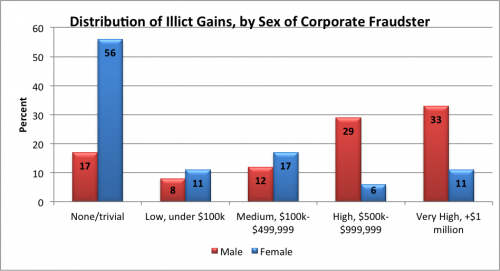I saw “Trainwreck” last night. The 7:00 p.m. showing at the 68th Street AMC was full. Maybe people had come just to get out of the apartment and yet avoid the beastly heat, but they enjoyed the movie. Sometimes the laughter lasted long enough to cover up the next joke.
The “Trainwreck” story is standard rom-com: Amy Schumer plays a young woman who rejects the idea of commitment and love. Circumstances put her together with a man she seems to have nothing in common with. You can guess the rest.
But this is Amy Schumer’s movie, so there’s an important twist – the conventional sex roles are reversed. It’s the man who is sweet and naive and who wants a real relationship; the woman has a lot of sex with a lot of different guys, drinks a lot, smokes weed, and resists love until at the end, she decides to become the woman he wants her to be.
Here is the R-rated version of the trailer:
What interested me was not the movie itself, but the reaction in some conservative quarters. For Armond White at the National Review, the movie triggered something like what Jonathan Haidt calls “disgust” – a reaction to the violation of strong taboos that surround things like food, sex, blood and other bodily matters, and death. These taboos are often arbitrary, not rational. Pork is an “abomination,” for example, because… well, because it is, and because pigs are “unclean.”
“Trainwreck” has no pork, but it does have what some find unclean.
Schumer’s tampon jokes and gay jokes, female versions of locker-room humor, literally drag pop culture to the toilet. A girl-talk scene set in adjoining restroom stalls — one revealing dropped panties, the other panty-less (obviously Amy) — is just Apatow using women to show off his indecency.
As a comedian and now as a filmmaker, Schumer talks about women-things: body functions and body parts. These jokes seem to elicit two different kinds of laughter. Back when researchers studying small group interaction were trying to code and categorize behavior, laughter posed a problem (see this earlier post). It could be coded as “Shows Tension,” but it might also be “Shows Tension Release.”
With Amy Schumer jokes, the male laughter is mostly a nervous, full of tension about a taboo subject. But the female laughter seems much less inhibited – tension release, maybe even a relief, as if to say, “Someone is finally talking publicly and frankly about things we could only whisper about,” since most of the time they have had to pretend to share the male taboo.
Indecency indeed. But something is indecent only to members of groups that deem it indecent. Some groups are not at all disgusted by pork. And for some audiences, tampon jokes and toilet-stall conversations about Johnny Depp movies are not indecent; they’re just funny. What audiences might those be? Women.
Take the tampon joke that the National Reviewer finds indecent. It would seem obvious that used tampons look different depending on where you are in your period – less bloody on the final day, more so a few days earlier. But at the mere mention of this fact in “Trainwreck,” hilarity ensues, especially among women in the audience.
The thing about taboos – ideas about what is indecent or disgusting – is that entire social structures get built around them. To violate the taboo is to threaten the entire edifice. Powerful taboos on women-things often go with male domination. So for the National Review, the “Trainwreck”reversal of rom-com gender roles makes the movie dangerous and subversive.
Here are some excerpts from the review just to give the flavor of this Purity-and-Danger-like conflating of taboo, female sexuality, and social/political threat to the established order (emphasis mine):
Schumer turns female sexual prerogative into shamelessness
the degradation of sex — and women
uses sex to promote feminist permissiveness.
She enjoys a sexual license
Amy brazenly practices the same sexual habits as men
Lacking . . . old-fashioned sense of shame,It’s merely brazen, like Lena Dunham’s HBO series, Girls (also about a promiscuous female writer
Schumer’s film can be seen to distort human relations into smut.
This is not just disrespectful, it confirms Schumer’s project of cultural takeover,
she aims to acquire cultural power
Schumer disguises a noxious cultural agenda as personal fiat. She’s a comedy demagogue who okays modern misbehavior yet blatantly revels in PC notions about feminism, abortion, and other hot-button topics
Wow.
I should add that not all conservative publications felt so threatened. Joe Morganstern at the Wall Street Journal gave the movie a warm review. Breitbart saw the movie’s essential conservatism (“The anti-slut message is a healthy one”) and praised Schumer as a comic actor. Still, the National Review piece seems emblematic of something broader in the cultural conservative camp: a taboo-like reaction to female sexuality.
Originally posted at Montclair SocioBlog.
Jay Livingston is the chair of the Sociology Department at Montclair State University. You can follow him at Montclair SocioBlog or on Twitter.




